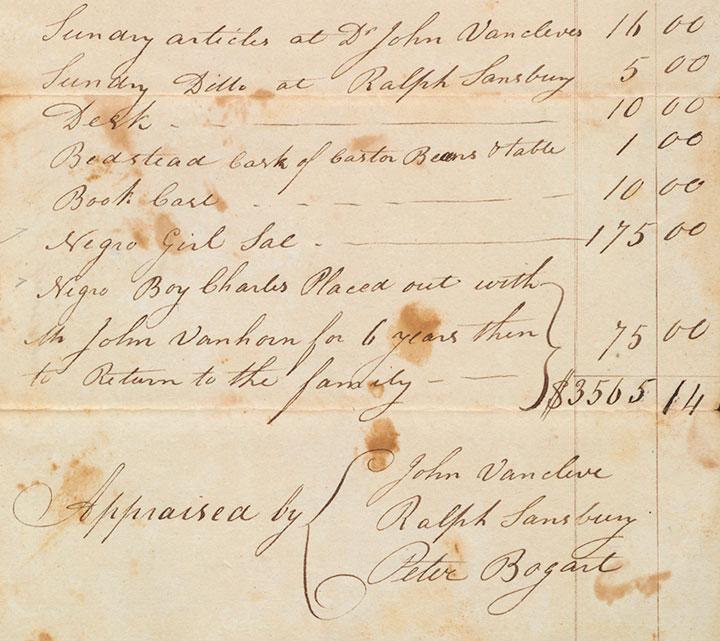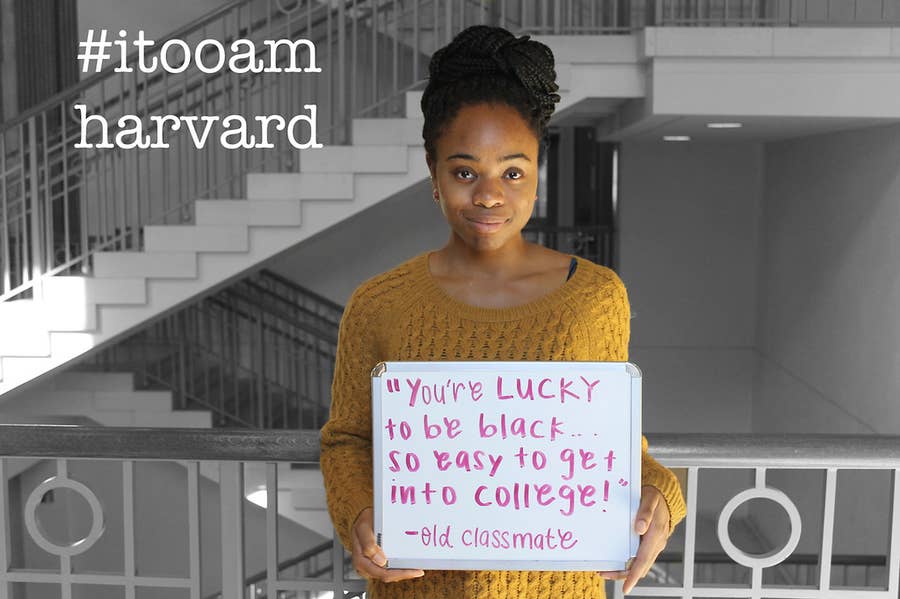The racist and sordid history of the American Ivy Leagues

The racist history of Ivy League universities is no longer a very well kept secret.
Ivy League universities and their deep ties to enslaved labor are emblematic of higher education in America generally. Now, the tide is turning towards acknowledgment and accountability for these national institutions.

A historical hole of racism
Most recently, Simon J. Levien from Harvard university embarked on a project to expose a “historical hole” in the university’s history after stumbling upon a photo of the KKK posing on campus for Klan Class Day.
The university’s archive revealed a deeply troubling history about the racism on campus from only a few decades ago.
Several of these incidents recount threatening displays towards Black students on campus. As recently as 1952, two students lit a cross on fire facing the dormitories where nine Black freshmen lived.

The history of ivy leagues is also deeply entrenched in the slave trade and the labor of enslaved peoples. In his book Ebony & Ivy: Race, Slavery amd the Troubled History of America’s Universities, Craig Steven Wilder exposes higher education as an institution that often gets overlooked in discourse about slavery.
The academy never stood apart from American slavery—in fact, it stood beside church and state as the third pillar of a civilization built on bondage
Craig Steven Wilder, Ebony & Ivy: Race, Slavery and the Troubled History of America’s Universities
Following Levien’s lead, students are now holding several other Ivy League institutions accountable for their relationship to slavery.

Accountability for racism, past and present
“Princeton and Slavery,” reveals the untold history of Princeton’s first nine university presidents who all owned slaves.
A report titled “King’s College and Slavery” links at least half of Columbia University’s presidents to slave-owning. Sojourner Truth, a legendary abolition and civil rights activist, was formerly owned by the president of Rutgers University.
In 1838, Georgetown University profited from the sale of 272 slaves, when Jesuit priests used the money to pay off debts incurred by the university.
Outside the economic strata of slavery, these institutions disseminated the pseudo-scientific rhetoric that underlies the history of slavery. Not only were Columbia students in 1760 asked to “calculate the profits of three investors in a slave-trading voyage to Guinea,” racial subordination was taken as empirical fact.

In The Propaganda of History, W.E. Du Bois discusses the role that Columbia University played in creating a falsified science of history with the white South in mind. He also holds the Ivy Leagues accountable for propagating segregation and denying Black students housing.
Racism at Ivy Leagues today
In the year 2021, Ivy Leagues have not eliminated so much as disguised their racism. Racist tendencies are still afoot and abound.
A Dartmouth senior recently shared that the brothers at a frat party once told them and their friends to go through the dog door in the back, while white students walked through the front.
At Princeton, a senior recounts how their freshman year roommate demanded a room change because they found out she was Black.

The diversification of Ivy League campuses, which has been championed as a mark of progress in recent years, is also more complicated than it seems.
Studies revealed that while African immigrants make up less than one percent of America’s total population, first and second-generation Black immigrants comprise 41 percent of all Black students at Ivy Leagues.

This suggests that African American students – those with an extensive familial history in the troubled history of the U.S. – are still being systemically excluded from higher education.
African immigrants are generally far wealthier and have higher-level educations than Americans of any race. Ivy Leagues admit these immigrant students at almost four times the rate they do native-born Black students.
Solutions for understanding and combatting racist histories in Ivy Leagues
As Critical Race Theory gains traction in these institutions, a growing awareness of these oppressive forces is forming.
A paper from Azusa Pacific University addresses the permanence of racism embedded in institutions built and sustained by slavery.
The paper touches on the notion of interest convergence, which describes how systemic changes are only adopted by institutions when it can simultaneously aid their white leaders economically or socially.
In response to this internal systemic violence, the paper offers several actionable solutions.

One method is to fill positions of power with people from marginalized communities. Another is to re-educate white leaders by enforcing an annual responsibility of learning about the history of whiteness and its socioeconomic functions.
As anti-racism is slowly introduced into popular culture, it’s obvious that it’s high time we begin holding universities accountable.
Through the grassroots efforts of students and teachers, Ivy Leagues have the opportunity to accept accountability for racist pasts, and how those pasts have seeped into the present. And then most importantly, they have the opportunity to learn how to transform their institutions for the better.


